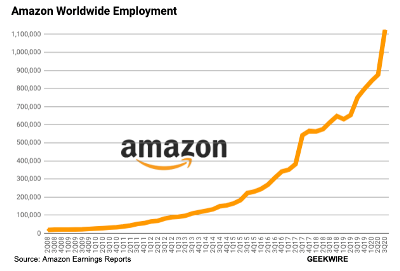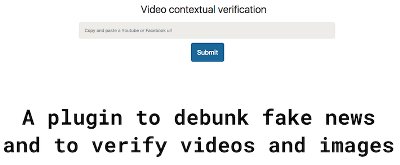This Gapingvoid rant ‘Want to be a better human?‘ brings back the issue of civility (as in “civilized conduct (especially: courtesy or politeness) or a polite act or expression” [Wikipedia]). It is not the first time I hear about the explicit comeback of this simple concept, which before was quite an implicit assumption of social life.

“As organizations shuffle from minority to minority, demonstrating how much they care & how inclusive they are, what is completely overlooked is the unsexy conversation about being nice, respectful, and kind, treating others fairly, and a hundred other courtesies that our moms taught us, or should have.”
I can’t more agree with this statement. It is a pity that people need to be reminded of their duty about civility explicitly, still is a a foundation of life in society and preempts any debate a difference and discrimination.
Maybe it is worth reminding more broadly about civility, what it means, how it is practiced. That we need to do it, however, shows the failure of both family and school to bring a minimum of social skills to people.
Let’s thus be more explicitly require civility and explain what it means. This is a minimum for social interaction and if it needs to be explicit so be it!










